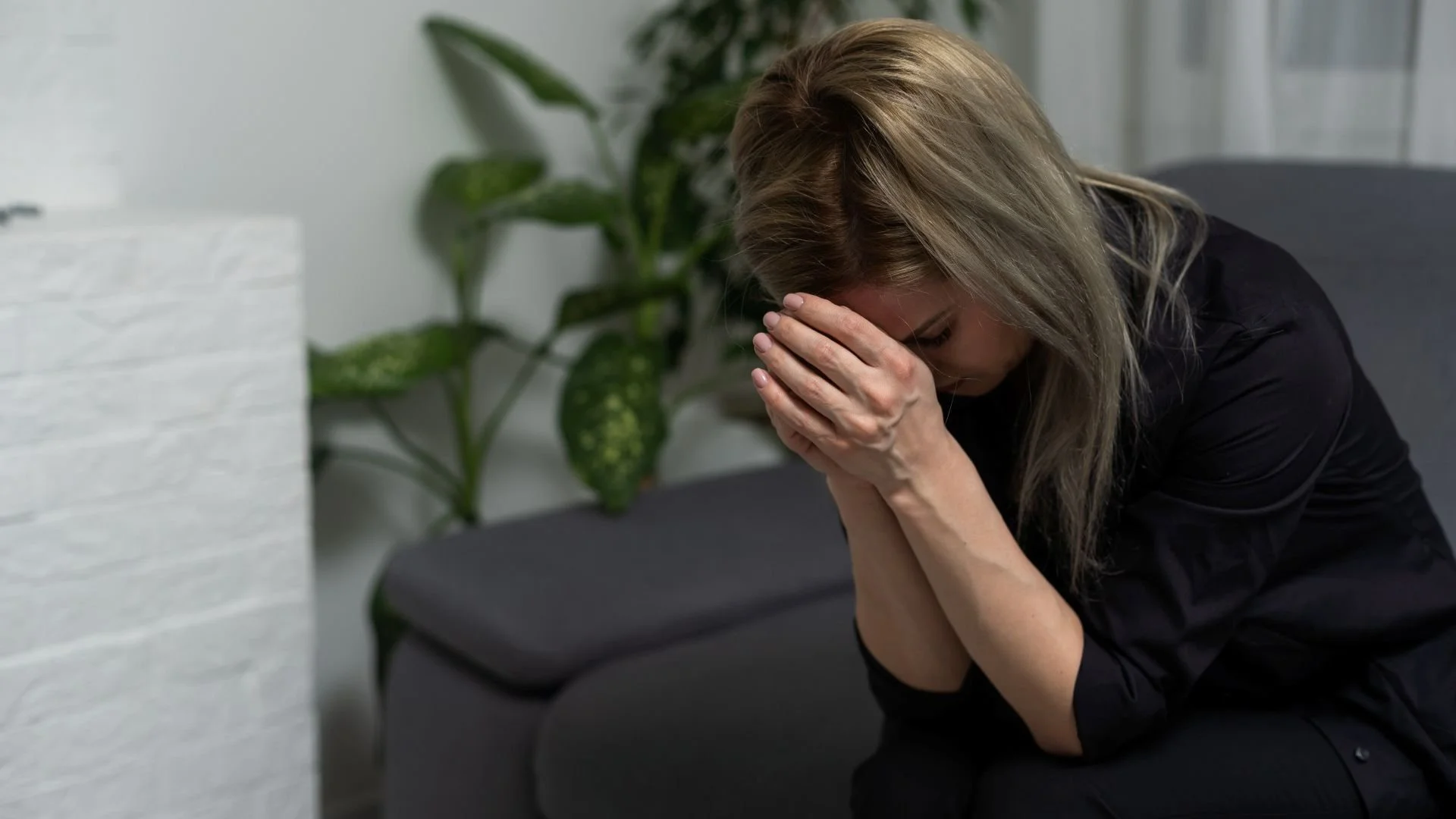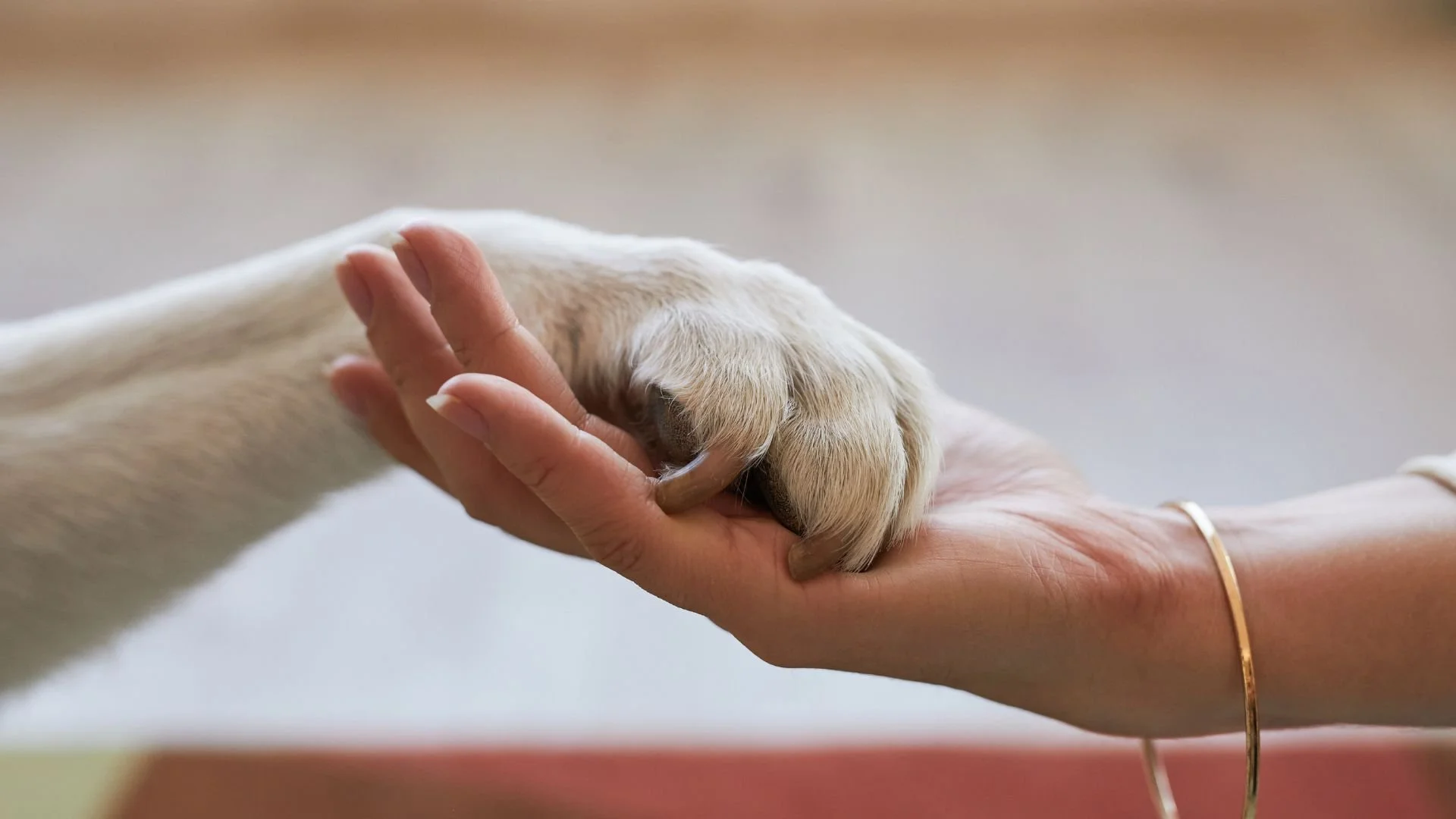What Is Disenfranchised Grief? And Why It Deserves to Be Seen
You can feel intense grief even if no one around you seems to understand it. Maybe you’re mourning the loss of a pet, a breakup, a stillbirth, or even the slow unraveling of a relationship where they’re still alive. And yet—others may dismiss your pain because it doesn’t fit the mold of what we typically think of as grief.
That kind of quiet pain is what we call disenfranchised grief—a type of grief that isn’t openly acknowledged, socially recognized, or publicly mourned. And just because it doesn’t follow the “rules” doesn’t make it any less real.
Grief expert Dr. Kenneth Doka, who first defined the term, reminds us that grief is valid, even when it’s invisible to others. Naming it is the first step in healing.
In this article, we’ll explore:
What disenfranchised grief is—and how to recognize it
Common examples of unacknowledged losses
The impact of this kind of grief
How to find support and begin the healing process
If you’re feeling the ache of a significant loss that others haven’t recognized, please know: the grief you are feeling is real. And you deserve support through it.
What Is Disenfranchised Grief?
Disenfranchised grief refers to the emotional pain that comes from a loss that isn’t recognized or supported by the world around you. It happens when others may not understand why you’re grieving—or don’t give you permission to grieve at all.
Grief expert Dr. Kenneth Doka, who coined the term, defines disenfranchised grief as “grief that is not or cannot be openly acknowledged, socially sanctioned, or publicly mourned.” In other words, it’s real, painful, and valid—but often invisible.
This type of grief can feel especially isolating because it doesn’t come with the same social recognition or rituals that surround the death of a loved one. There may be no funeral, no condolence cards, and no space to talk about your pain. But that doesn’t make it any less worthy of acknowledgment.
Disenfranchised Grief Examples
You may be experiencing disenfranchised grief if your loss involves:
Loss of a pet — Deep bonds with animals are real, and losing them can leave a profound emotional void.
Miscarriage or infertility — These are often invisible losses, not always shared publicly, but deeply felt.
Death of an ex-partner or estranged family member — You may still love them, or grieve what never got resolved.
Breakup or divorce — The end of a relationship can feel like a death, yet it’s rarely treated as a reason for bereavement.
Loss related to addiction, incarceration, or mental illness — These losses are layered with stigma, which can make the grieving process even harder.
LGBTQ+ partner loss in unsupportive environments — When your relationship isn’t recognized by others in your life, your grief may be dismissed.
You might feel numbness, sadness, anger, or guilt—and wonder if you even have the right to grieve. But here’s what I want you to know:
Your grief is valid.
Your feelings of grief deserve space.
You don’t need permission to grieve.
Let’s begin by validating your pain—because every kind of loss is worthy of recognition.
How Disenfranchised Grief Affects Healing
When disenfranchised grief occurs, it can feel like the world is telling you, “This doesn’t count.” And that lack of recognition and support—even from well-meaning friends or family—can deeply complicate the grieving process.
As a therapist, I see how painful it is when grievers don’t feel like they have the “right” to mourn. But here’s the truth: when your grief isn’t acknowledged, it often becomes harder to heal.
Disenfranchised grief may lead to:
Prolonged sadness or emotional numbness
Shame around your emotional response
Social withdrawal or feeling misunderstood
A sense of being invisible or “too sensitive”
Research supports what many grievers already know firsthand. A study published in Frontiers in Psychology. found that disenfranchised grief is associated with an increased risk of prolonged grief, depression, and even post-traumatic stress symptoms, especially when the loss of a relationship or loved one goes unsupported.
This is especially true for losses related to the COVID-19 pandemic, extramarital relationships, or deaths outside of your immediate family—where there's no funeral, no cards, and often no one saying, “I’m here for you.”
But your grief is still real. And feeling sad doesn’t need a permission slip.
Whether through journaling, creating your own ritual, or connecting with a support group, there are ways to offer support to yourself when others don’t. You deserve to heal—on your terms.
How to Cope with Disenfranchised Grief
When your grief doesn’t “fit the mold,” it’s easy to doubt yourself. Maybe your type of loss isn’t talked about—like the death of an ex-spouse, the end of a secret relationship, or the passing of someone not considered immediate family, like a godparent. Or maybe there was no funeral, no rituals, no social sympathy.
But here’s what I want you to know: You are still a griever. And your pain deserves care.
Additional Reading: You might also want to take a look at Grief: When Should I Reach Out?
Here are a few gentle ways to begin coping with disenfranchised grief:
1. Acknowledge Your Grief
You don’t need anyone else’s permission to feel sad, lost, or confused. Grief is defined by emotional impact—not by rules or social approval. Studies show that validating emotions, even internally, helps reduce emotional distress.
2. Create Your Own Rituals to Mourn
Rituals can bring meaning and closure—even if they’re private. Try:
Writing a goodbye letter
Lighting a candle or creating a memory box
Getting a tattoo or making a playlist
Planting something in their memory
3. Find a Safe Place to Talk
Whether it’s a trusted friend, a grief support group, or therapy, having someone truly listen helps you feel seen. You don’t have to explain why your grief is real—it just is.
4. Avoid Self-Judgment
Social norms may have told you your grief “shouldn’t” matter. But grief often comes from traumatic experiences or emotional responses others can’t see. That doesn’t make it less valid—it makes it more important to tend to.
Additional Reading: Discover more Coping Mechanisms in Grief: Small Steps That Make a Big Difference.
You’re not broken. You’re just experiencing grief—and that means you’re human. Let’s give that pain the care it deserves.
Let’s Talk About the Grief That Doesn’t Always Get Talked About
If you’re experiencing grief that others don’t seem to understand—or that doesn’t come with the usual recognition and support, I want you to know: you’re not alone.
Grief is often quiet, complicated, and deeply personal—especially when it’s tied to situations that aren’t publicly mourned, like a funeral might be. Maybe you’re carrying the weight of a grief reaction others have dismissed, or struggling with the feelings of sadness, hopelessness, or confusion that come when a pet dies, or after a loss that’s harder to explain.
In my practice, I honor all kinds of grief-related experiences—including those that feel hidden, minimized, or misunderstood. My approach is warm, evidence-based, and always judgment-free.
If you’re ready to explore your story and start healing, I’d be honored to walk alongside you. Reach out!




